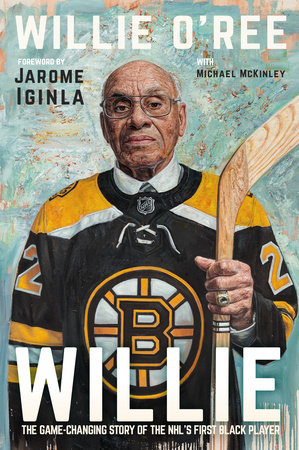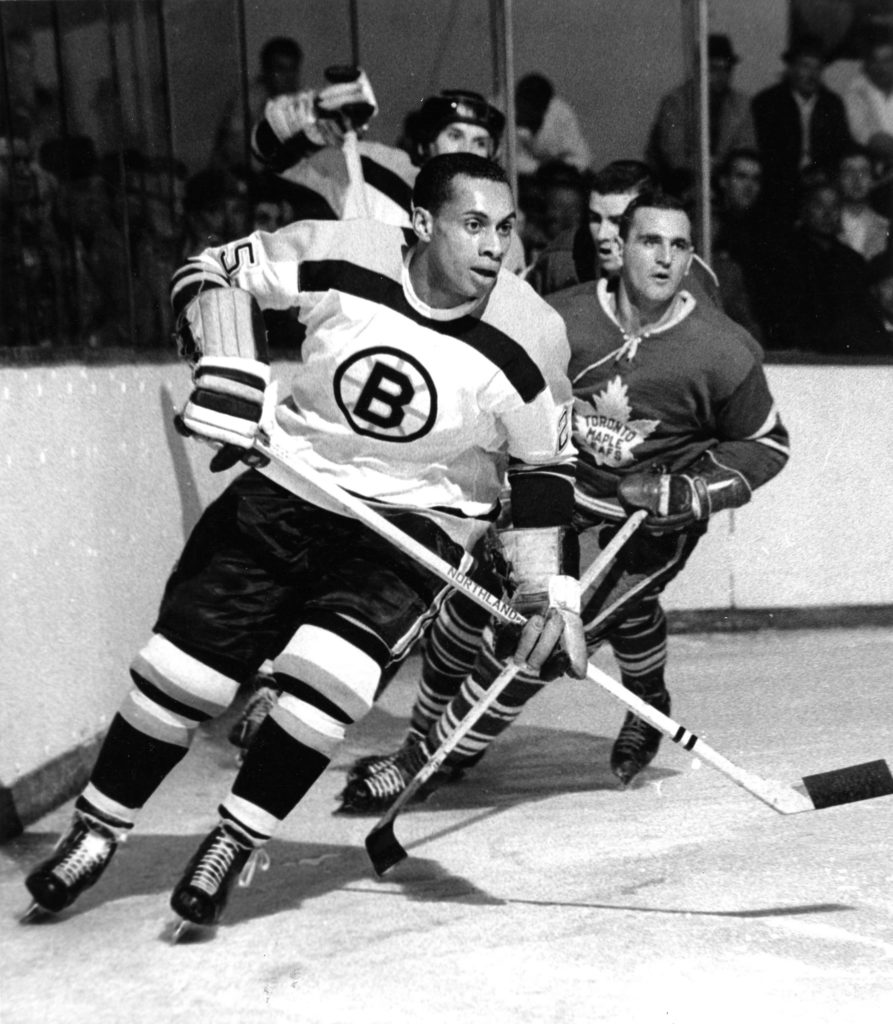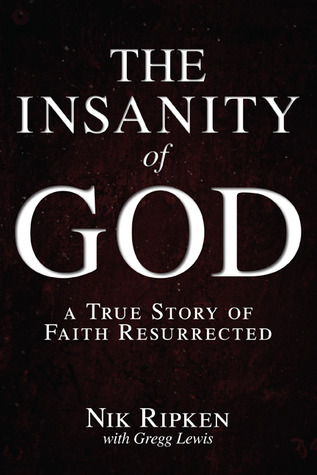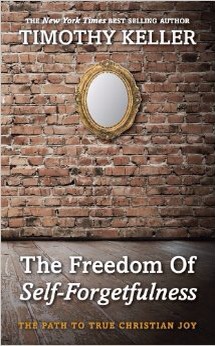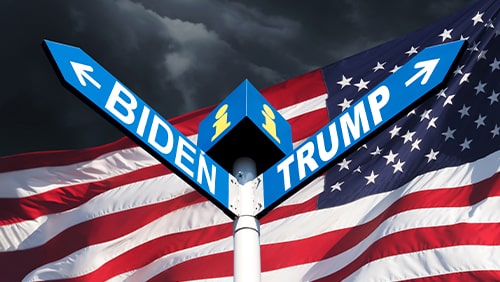He broke the NHL’s colour barrier in 1958. Willie O’Ree is the Jackie Robinson of professional hockey. He went on to become hockey’s most successful ambassador for diversity and inclusion. He is a member of the hockey hall of fame. Rinks have been named after him, the Boston Bruins have retired his jersey, and as the years go by, accolades for being the first black professional hockey player continue to pour in. For this outstanding accomplishment, I celebrate Willie O’ree, but for me, there is an even greater part to his story.
He made it to the NHL while being completely blind in one eye! This is impossible, unthinkable, unimaginable. The guy played against superstars like Rocket Richard with one eye! Willie took a puck to the face while playing junior hockey at age 18. The blow smashed his orbital bone and severed his optic nerve. The Doctor told him his hockey career was finished. Willie knew that if he told anyone, it would be, so he kept it a secret. He adapted his play to accommodate a one-eyed style, and up through the ranks, he continued to move until he got his big break in Boston. To me, this is the story. Put this man in the hockey hall of fame for this reason alone! Eventually, the secret got out, and he was cut from the pros. But Willie wasn’t finished with hockey. He was able to have a long and successful career in the minors, even winning the league scoring title a couple of times. Seriously, who scores four goals and 14 assists in the NHL over the span of 40-some games with only one eye? Nobody, not ever, except for Willie O’ree. This is the story. What might this athlete have been had he two eyes?
It would be nice if I could say there was no race issue in Willies’ life; no one with a different skin colour thought less of him because of his skin colour; that he was seen only as a hockey player like everyone else. Perhaps someday that might happen, but back then, on-ice battles brought out colourful language, and one’s ethnicity and skin colour were all fair game to pick on to get the competitive edge. So the “N” word was often heard, along with all the other ethnic put-downs that come with being Polish, Ukrainian, Newfoundlander or wherever else the players came from.
There were, on occasion, bigoted idiots who took extra exception to Willies’ skin colour, but those incidents were few, and when they did happen, they were dealt with as only hockey can. One particular incident in Chicago found Willie up against a racist with a venomous tongue and only hatred for people of darker skin colour. The opponent upped his animosity by incorporating the butt end of his stick to Willies face. Blood and teeth went flying as the “N” word reverberated throughout the arena. But there was an appropriate hockey solution to this offence. Willie two-handed the guy across the head with his stick dropping him like a sack of potatoes. The benches cleared, a brawl ensued, and that was the last time Willie had any trouble in Chicago.
Throughout Willies’ career, fellow players and coaches were quick to come to his defence when needed. At least in Willie O’ree’s story, Canada and the hockey world seemed happy to let talent do the choosing for who got on the ice and who didn’t. It was such a non-issue that Willies’ race-breaking accomplishment went largely unnoticed for decades. He finished his career and settled down into regular life in California, bouncing from job to job for the better part of twenty years. One day, the NHL decided they wanted to help minorities feel more included in their great game. As they looked back in history, they stumbled across Willies story, so they rang him up out of the blue, which is how the partnership started.
And yet, Willie O’ree still couldn’t escape entirely horrible treatment based on the colour of his skin. The worst part of this story came when Willie dabbled with the idea of following his hero Jackie Robinson into a career in baseball. Wille was such a good athlete that Pro-baseball was willing to give him a shot. He hopped on a plane from his native Nova Scotia to the try-out facility in Georgia. Exiting the plane, Willie found himself in a different world. Whites only restaurants, and bathrooms, and a constant flow of racist remarks and contemptuous looks greeted Willie in this new world. When he pushed back ever so slightly against these southern norms, he found out in short order that he was doing so at the peril of his life.
Even the baseball club was rife with racism. The brown-skinned players were housed at the far corner of the training facility in a dingy shack near a mosquito-infested swamp, while the withe players enjoyed the nice quarters nearby. Willie was reminded in grotesque ways of his lesser status throughout the entire training camp. He didn’t make the pro team but was invited back for more training. Shell shocked and scared, Willie politely declined. He was sent back to Canada on a bus. Of course, because he was in the south, he had to ride in the back of the bus — whites only at the front. With each State headed north Willie, in defiance, gradually inched his way forward. By the time he reached Canada, he was in the front seat, friends with the driver and very, very happy to choose a career in hockey over baseball.
Racism is a big problem; we hear sad and angry news about it all the time. The news reports make us think there is no hope for change. Sometimes the news reports in search of ratings make the problems even worse. But in Willies’ story, we get a glimpse of something better. We see a man with a dream to play hockey overcome unbelievable physical limitations to accomplish that dream. And minus the Georgia trip, we see a man who coaches and players were willing to stand up for whenever racism reared its ugly head. And so it should be. With Stories like this one, we can reject the foolishness that always perceives differences as threats
and reduces all things to power struggles. Instead, we can see impossible dreams realized, we can see success shared and celebrated, and we can have hope for a better future.
